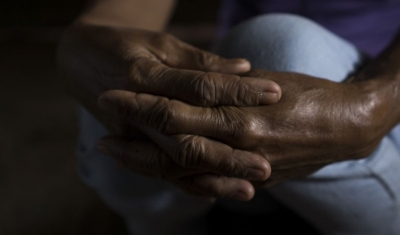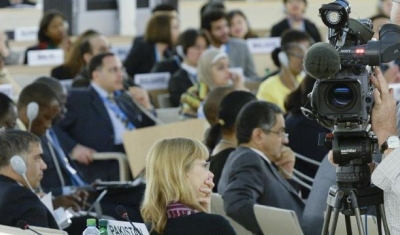The Working Paper Non-State Actors and Enforced Disappearances: Defining a Path Forward discusses the growing phenomenon of disappearances committed by non-state actors and the need to rethink the current definition of enforced disappearance to address this reality, improve the situation of victims and ensure proper accountability of non-state actors.
Disappearances committed by non-state actors have intensified throughout the years in all parts of the world. They can take place in the contexts of human trafficking, migration, and armed conflicts and are notably perpetrated by organized crime groups, street gangs or armed groups.
While this phenomenon is on the rise, the working paper underlines that the current international legal framework and definition of enforced disappearances in international human rights law does not allow to properly addressing it.
It therefore calls for an expansion of the definition of enforced disappearance to improve the situation of victims in two ways. First, state obligations regarding disappearances committed by non-state actors would be equal to their obligations for enforced disappearances. Second, such expansion would also facilitate holding non-state actors accountable for disappearances.







